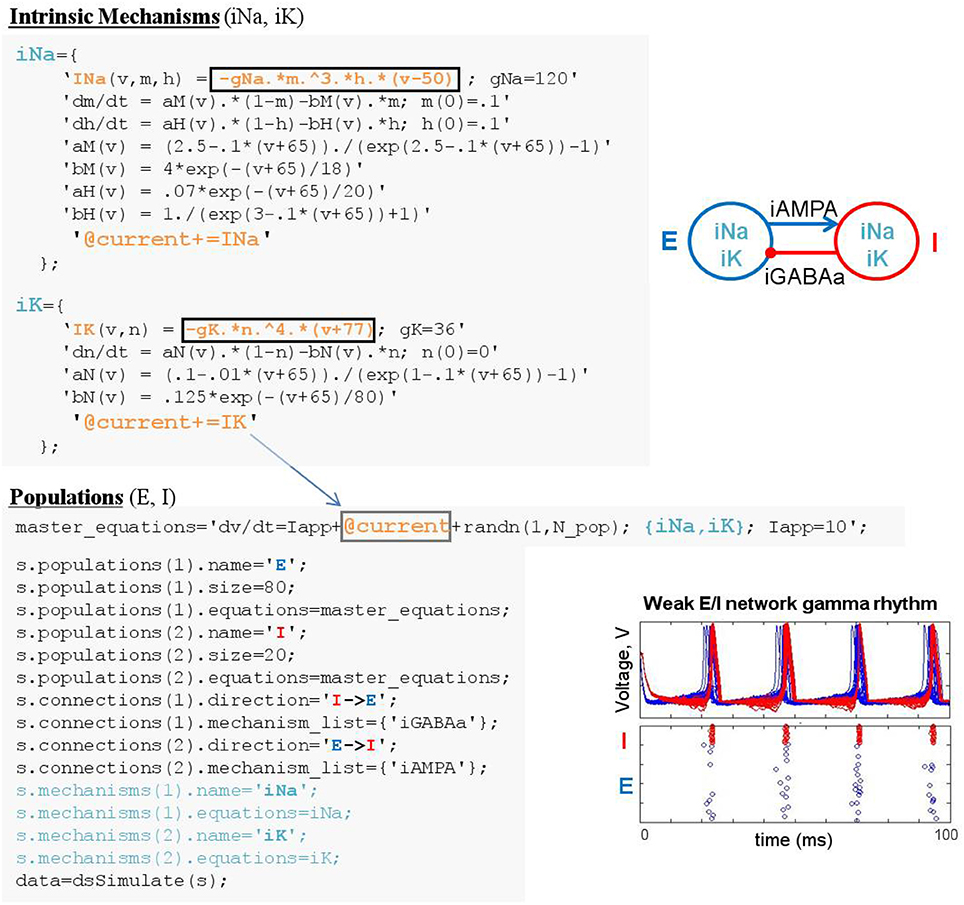

- #Matlab optimization toolbox ubc update#
- #Matlab optimization toolbox ubc full#
- #Matlab optimization toolbox ubc trial#
X1 = 1.0000, x2 = 1.0000 (minFunc with limited-memory BFGS - default)Ī note on the above performance results: The default X1 = 0.9794, x2 = 0.9491 (minFunc with preconditioned conjugate gradient) X1 = 0.7907, x2 = 0.6256 (minFunc with scaled conjugate gradient) X1 = 0.7478, x2 = 0.5559 (minFunc with preconditioned Hessian-free Newton) X1 = 0.8756, x2 = 0.7661 (minFunc with spectral gradient descent) X1 = 0.4974, x2 = 0.2452 (minFunc with cyclic steepest descent) Result after 25 evaluations of limited-memory solvers on 2D rosenbrock: Running the example should produce the following output: > example_minFunc % Run a demo trying to minimize the function > mexAll % Compile mex files (not necessary on all systems) > addpath(genpath(pwd)) % Add all sub-directories to the path > cd minFunc_2012 % Change to the unzipped directory Solvers in minFunc with default options on the 2D Rosenbrock "banana" function (it also runs minimize.m if it is found on the path). The function 'example_minFunc' gives an example of running the various limited-memory mex files for the current version of minFunc are available here Parameters that are not available for fminunc. Supports many of the same parameters as fminunc (but not all), but has some differences in naming and also has many The gradient is supplied, unless the 'numDiff' option is set to 1 (for forward-differencing) or 2 (for central-differencing). Note that by default minFunc assumes that MinFunc uses an interface very similar to Matlab's fminunc. Of steps to look back for the non-monotone Armijo condition, the parameters of the line searchĪlgorithm, the parameters of the termination criteria, etc.
#Matlab optimization toolbox ubc update#
Update method scaling preconditioning for the non-linear conjugate gradient method, the type of Hessian approximation to use in the quasi-Newton iteration, number The Hessian-free Newton method, choice of Preconditioning and Hessian-vector product functions for Most methods have user-modifiable parameters, such as the number ofĬorrections to store for L-BFGS, modification options for Hessian matrices thatĪre not positive-definite in the pure Newton method, choice of.Numerical differentiation and derivative checking are available, includingĪn option for automatic differentiation using complex-step differentials (if the objective.Several strategies are available for selecting
#Matlab optimization toolbox ubc trial#
Step lengths can be computed based on either the (non-monotone) Armijo or WolfeĬonditions, and trial values can be generated by either backtracking/bisection,.Products), (preconditioned) conjugate gradient (uses only previous step and a vector beta),īarzilai and Borwein (uses only previous step), or (cyclic) steepest descent. (preconditioned) Hessian-free Newton (uses Hessian-vector Limited-memory BFGS (uses a low-rank Hessian approximation - default),
#Matlab optimization toolbox ubc full#
User-supplied Hessian), full quasi-Newton approximation (uses a dense Hessian approximation),


MinFunc - unconstrained differentiable multivariate optimization in Matlab


 0 kommentar(er)
0 kommentar(er)
